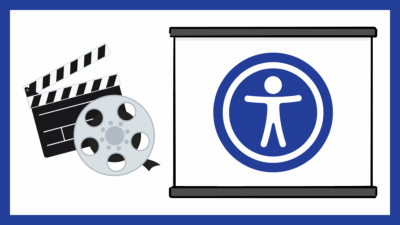 Media portrayals of disabled people are often limited to antiquated tropes or couched in ableist assumptions. Ensuring the lived experience of disabled people in faith-based content affirms that every human being has value and must be treated with respect.
Media portrayals of disabled people are often limited to antiquated tropes or couched in ableist assumptions. Ensuring the lived experience of disabled people in faith-based content affirms that every human being has value and must be treated with respect.
Uninformed portrayals of disabled individuals can lead to misconceptions that foster harmful biases and inequitable practices. Disability Belongs™ is committed to transforming how disability is represented across all sectors by promoting authentic stories that honor the full humanity of disabled people. [continue reading…]


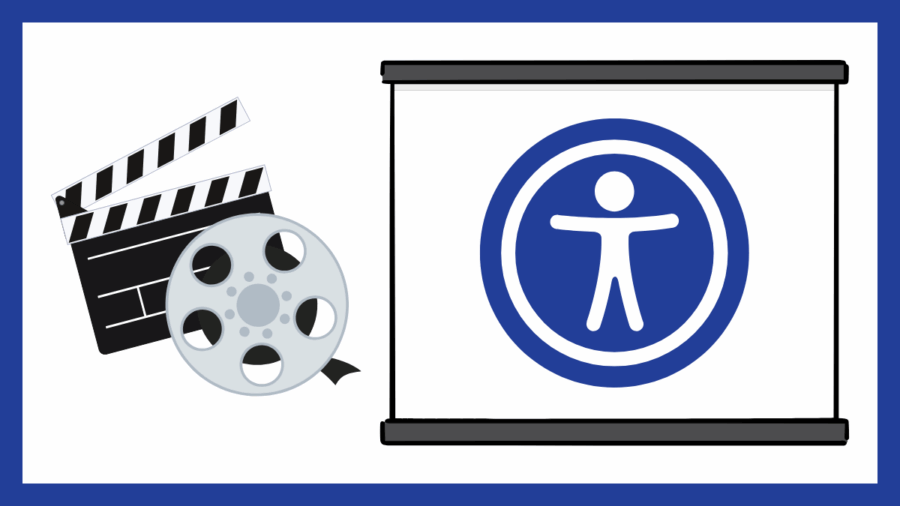


 The Bentonville Film Festival (BFF), taking place June 16-22, is highlighting several disability-inclusive films. Chaired by Academy Award winner Geena Davis, BFF champions women and diverse voices.
The Bentonville Film Festival (BFF), taking place June 16-22, is highlighting several disability-inclusive films. Chaired by Academy Award winner Geena Davis, BFF champions women and diverse voices.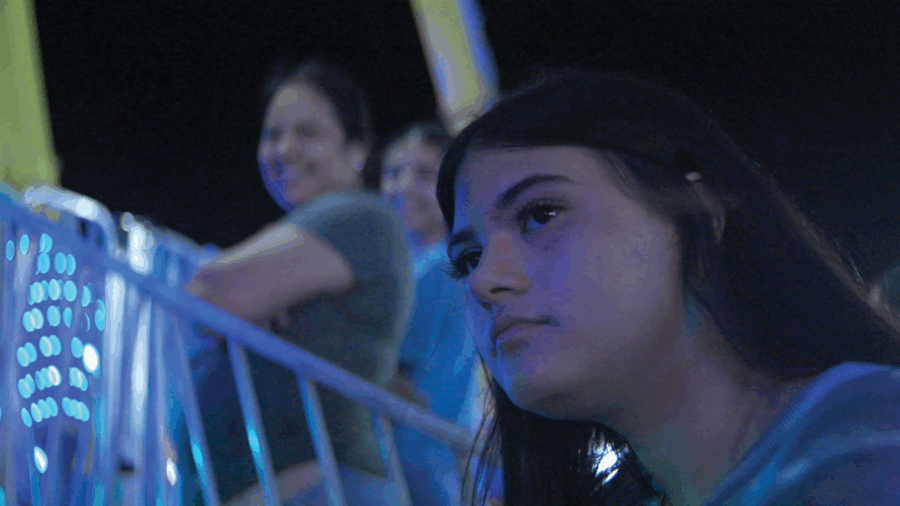
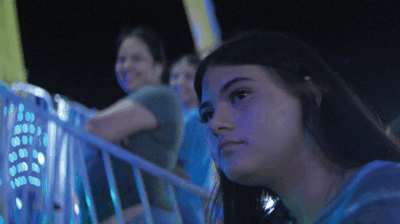
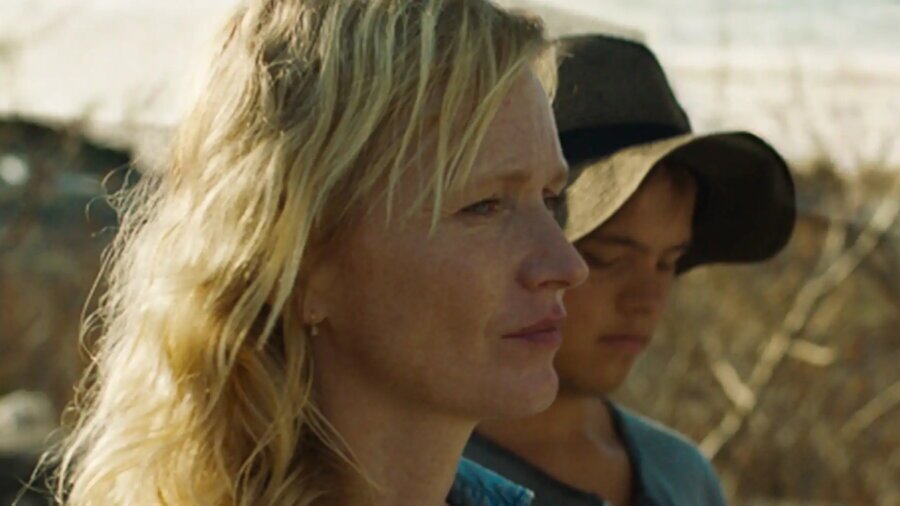
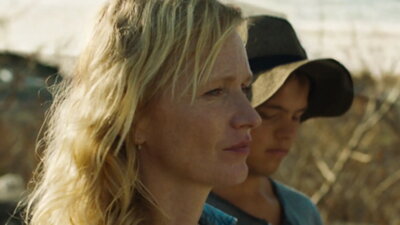 The feature film Caravan opens with an out-of-focus shot, first trained on the bright overhead sun, then panning to the glimmering sea below. Gentle ambient music accompanies the soft sound of waves splashing onto the shore. Still focused on this shot, viewers hear the above words—the opening dialogue of the film—spoken in a similarly gentle manner.
The feature film Caravan opens with an out-of-focus shot, first trained on the bright overhead sun, then panning to the glimmering sea below. Gentle ambient music accompanies the soft sound of waves splashing onto the shore. Still focused on this shot, viewers hear the above words—the opening dialogue of the film—spoken in a similarly gentle manner.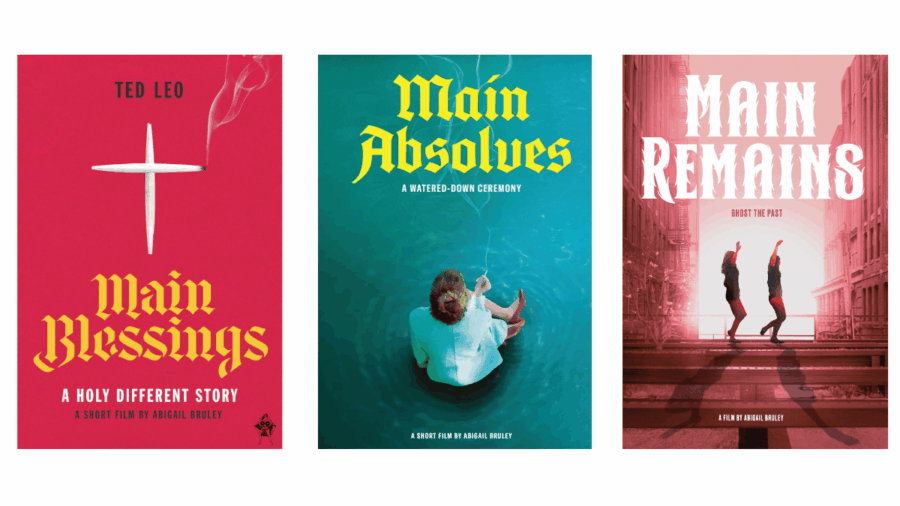
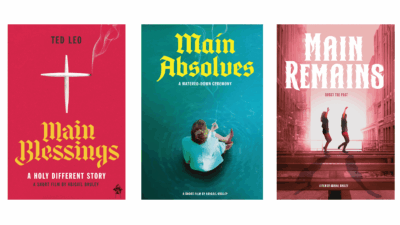 Inspired by personal experience, The Main Trilogy Writer and Director Abigail Bruley snapshots one person’s attempt to return to life as she knew it before acquiring a disability.
Inspired by personal experience, The Main Trilogy Writer and Director Abigail Bruley snapshots one person’s attempt to return to life as she knew it before acquiring a disability.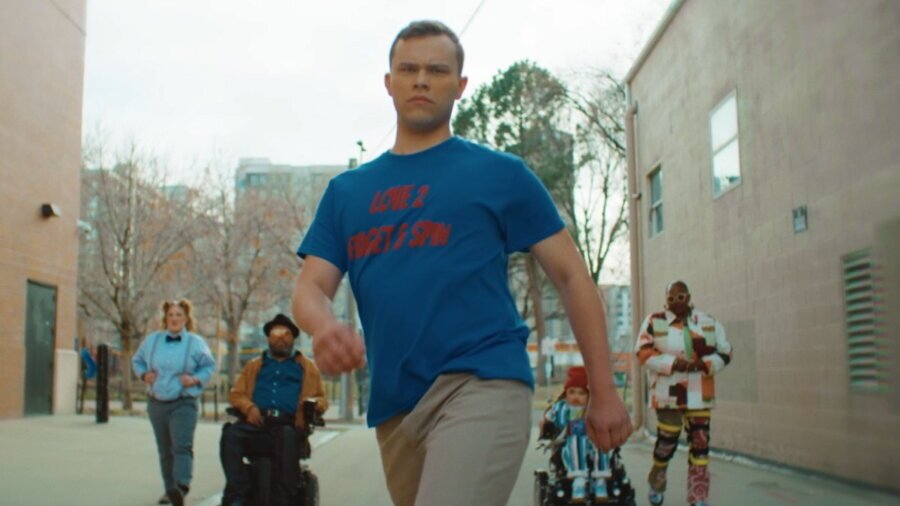
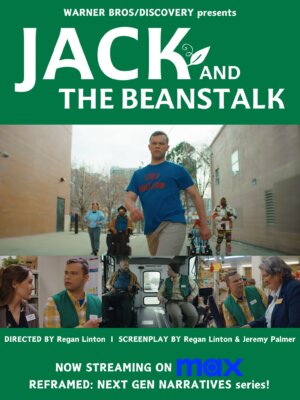 Viewers may think they know the story of Jack and the Beanstalk. However, writer/director Regan Linton has reimagined this classic tale in a new short film as part of Warner Bros. Discovery’s Reframed: Next Gen Narratives program. In this series, six filmmakers adapted classic movies through a contemporary lens, tackling modern-day issues surrounding identity.
Viewers may think they know the story of Jack and the Beanstalk. However, writer/director Regan Linton has reimagined this classic tale in a new short film as part of Warner Bros. Discovery’s Reframed: Next Gen Narratives program. In this series, six filmmakers adapted classic movies through a contemporary lens, tackling modern-day issues surrounding identity.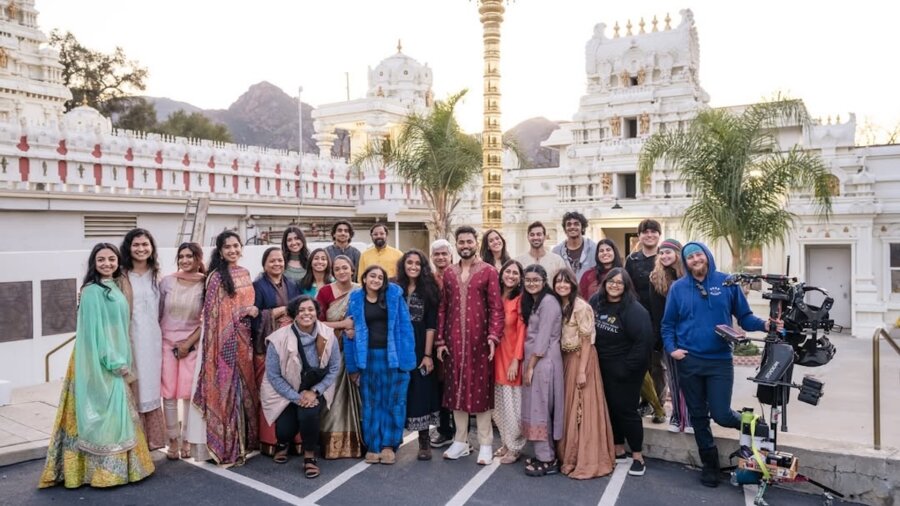
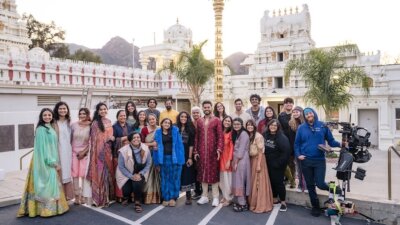
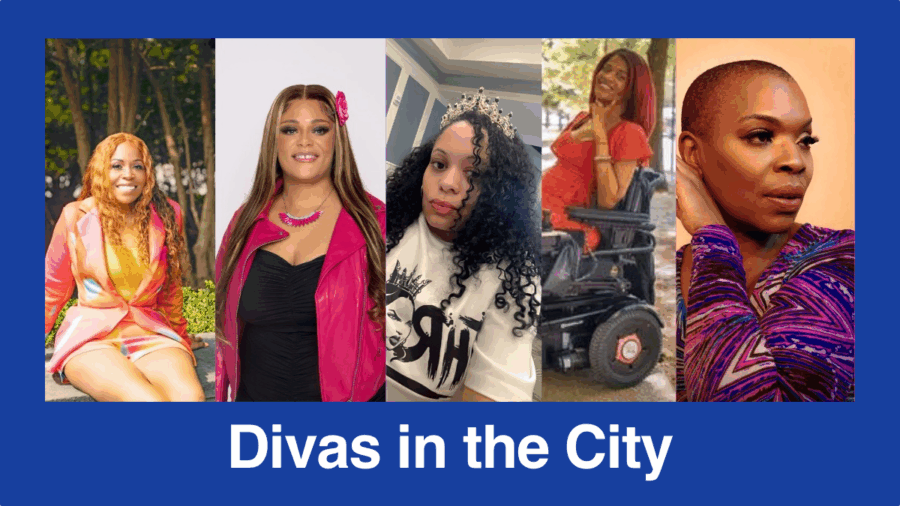
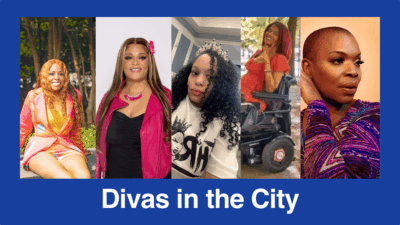 The new unscripted digital series Divas in the City follows five disabled Black women whose tenacity and creativity make them bosses in their respective cities. Professional and playful, serious and sassy, these women with physical disabilities are trendsetters in fields ranging from fashion to the arts to the nonprofit sector.
The new unscripted digital series Divas in the City follows five disabled Black women whose tenacity and creativity make them bosses in their respective cities. Professional and playful, serious and sassy, these women with physical disabilities are trendsetters in fields ranging from fashion to the arts to the nonprofit sector.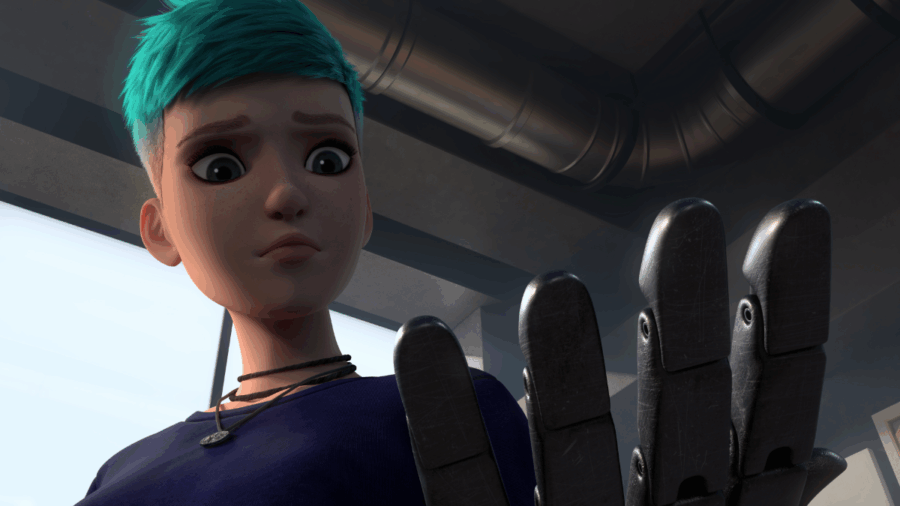
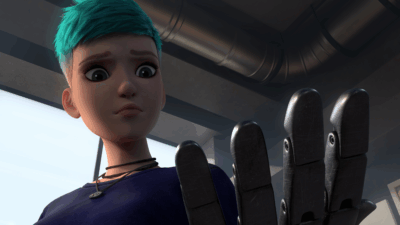 After Season 2 of Jurassic World: Chaos Theory explored how Brooklynn survived a dinosaur attack and was living as an amputee, Season 3 allows Brooklynn to explore using – and not using – a prosthesis.
After Season 2 of Jurassic World: Chaos Theory explored how Brooklynn survived a dinosaur attack and was living as an amputee, Season 3 allows Brooklynn to explore using – and not using – a prosthesis.


